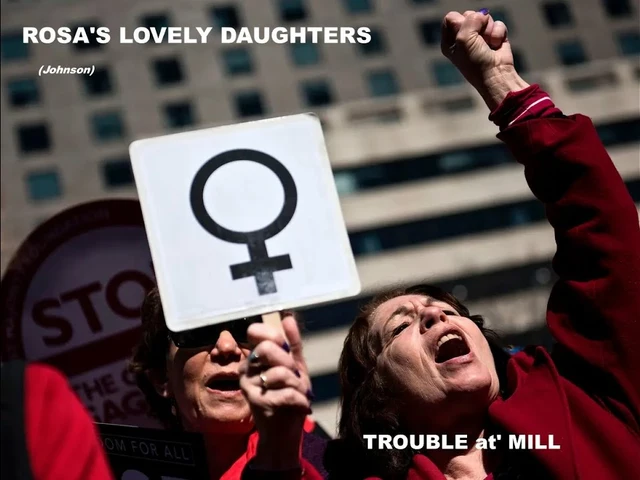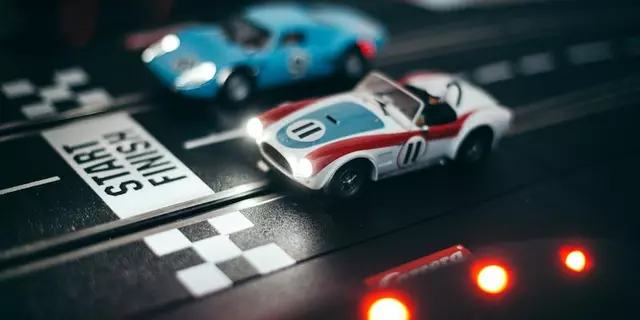Licence revocation in motorsports – what you need to know
If you’ve ever heard a rider or driver lose their licence, you probably wondered what went wrong. Licence revocation is simply the sport’s way of saying someone can’t compete because they broke a rule, broke safety, or failed a test. It’s not a life sentence – there are ways to fix it, but you need to understand why it happens first.
Why licences get revoked
The most common reasons are safety breaches, illegal modifications, or serious on‑track incidents. For example, if a rider keeps ignoring flag signals, officials may pull the licence to protect everyone. Another trigger is failing a drug test – most series have a zero‑tolerance policy. Some organisations also revoke licences when a competitor doesn’t meet the required skill level or repeats the same mistake over and over.
Financial issues can also lead to revocation. If a team can’t pay the entry fees or fails to meet insurance requirements, the governing body might suspend the licence until things are sorted. In short, the rule‑book is there to keep the sport fair and safe, and breaking it can cost you your spot on the grid.
How to protect your licence
The best defense is staying informed. Read the rule‑book for the series you race in and ask questions if something isn’t clear. Practice the flag signals and safety protocols until they become second nature. Keep your bike or car within the legal specs – no sneaky mods that push you over the limit.
Regular medical checks are another must. Many licences require a health certificate every year. Skipping that check can lead to an automatic revocation. If you’re using any medication, let the medical team know – they’ll tell you if it’s allowed or not.
If you do get a revocation notice, don’t panic. The notice will explain why the decision was made and often include a deadline for an appeal. Gather any evidence that supports your case – video footage, witness statements, or test results. Submit a clear, concise appeal letter before the deadline. Most bodies will review the appeal and may lift the revocation if they see a genuine mistake or new information.
While you wait for the appeal, use the time to improve. Take a driving school, work with a coach, or do extra fitness training. Showing that you’re committed to fixing the issue can sway the decision makers.
Finally, remember that a revocation is a learning moment. Most racers bounce back stronger because they’ve learned what not to do. Keep your head up, follow the steps above, and you’ll be back on track faster than you think.





